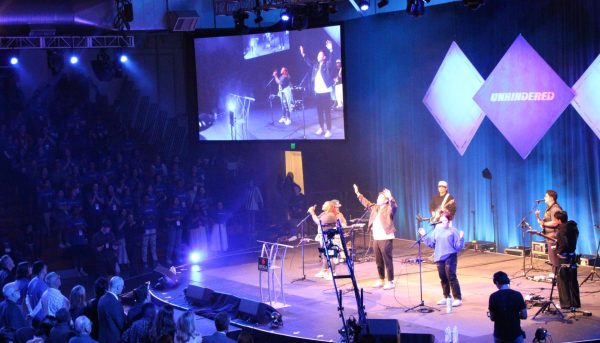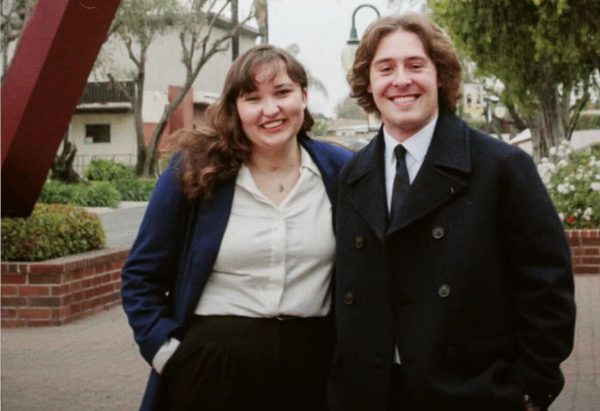Biola tuition increase a national low
The Biola tuition increase beats the National Association of Independent Colleges and Universities national average.
October 18, 2012
Biola's rate of tuition increase was lower than the American independent school average this year by nearly a quarter of a percentage point, according to a recent report by the National Association of Independent Colleges and Universities.
“We’re subject to the same kind of increases that you would expect,” said Michael Pierce, Biola’s vice president for business and financial affairs.
Because of the economic downturn, colleges have had to cut administrative costs, reduce unnecessary funds and enhance their operating efficiency, according to Tony Pals of the NAICU.
“The savings generated from these measures have been put toward moderating tuition increases and boosting institutional student aid budgets,” Pals said.
Tuition increases, aid increases
The NAICU news release, published on Oct. 4, reports that the national average tuition increase of its member universities for the 2011-2012 school year was 3.9 percent, while financial aid increased an average of 6.2 percent nationwide.
Biola’s increase was low compared to the national average of tuition increase, reporting an increase of 3.66 percent — nearly 0.3 percentage points lower than the national average, according to Pierce. He said the increase was historically low compared to that of other years.
Four factors contribute to increase
Pierce explained that there are four factors that account for the increase in tuition this year.
First, various staff and faculty were granted merit-based salary raises this year, which necessitated some increase in tuition.
The second factor is health care, according to Pierce.
“Health care grows at a rate faster than inflation, so when we average things out we have to be careful on the merit increase because we have to cover health care,” Pierce said.
The third factor accounting for the increase is utility costs — such as oil and gas — which have increased over the past few years, according to Pierce.
Pierce explained that the fourth point was investing in the university.
“Sometimes we have to do a little bit of investment in getting a program up and running … so there is some aspect of that that goes towards new programs and new majors that we might offer,” he said.
Increase less significant after financial aid
Pierce clarified that Biola’s net tuition increase was 2.66 percent after financial aid, due to the university’s discount rate. The discount rate is the average amount taken off tuition considering financial aid; Pierce reports that Biola’s discount rate increased this year to 26.35 percent.
“We’re not trying to make money off students,” Pierce said. He explained how in the past two years, the university has set aside an additional $3.1 million for additional scholarships to be given to students with need, separate from the financial aid enabled by the discount rate.
Nationally, the tuition increase rate is the lowest in four decades, according to the report. The financial aid increase is lowest out of the four years the NAICU surveyed for that statistic. The study included 445 of the NAICU-affiliated colleges and universities, Biola counted among them.
Students displeased with increases
Joao Toscan, a junior business major, said he is frustrated with tuition increases.
“At first, I was an international student, and I didn’t really get financial aid,” he said. “It gets harder to come back every year.”
Toscan has a scholarship for playing soccer, but it doesn’t adjust.
“Tuition raises every year, but the scholarship doesn’t raise … it’s a fixed amount,” he said.
Emily Sidnam, a senior communication studies major, also said she was dissatisfied with Biola’s tuition.
“It’s more than I would like,” she said. “I do wish they had more scholarships.”
In response to the report that Biola’s net tuition increase was as low as it was, she thought it was good news and said that she was thankful.
“I know people are working hard at making Biola more affordable,” she said.
Pierce expressed a similar sentiment.
“Students should understand that we are doing our very best to balance the needs of the student with the need to provide a quality educational program for them,” he said. “We are sensitive to this issue of college affordability.”






